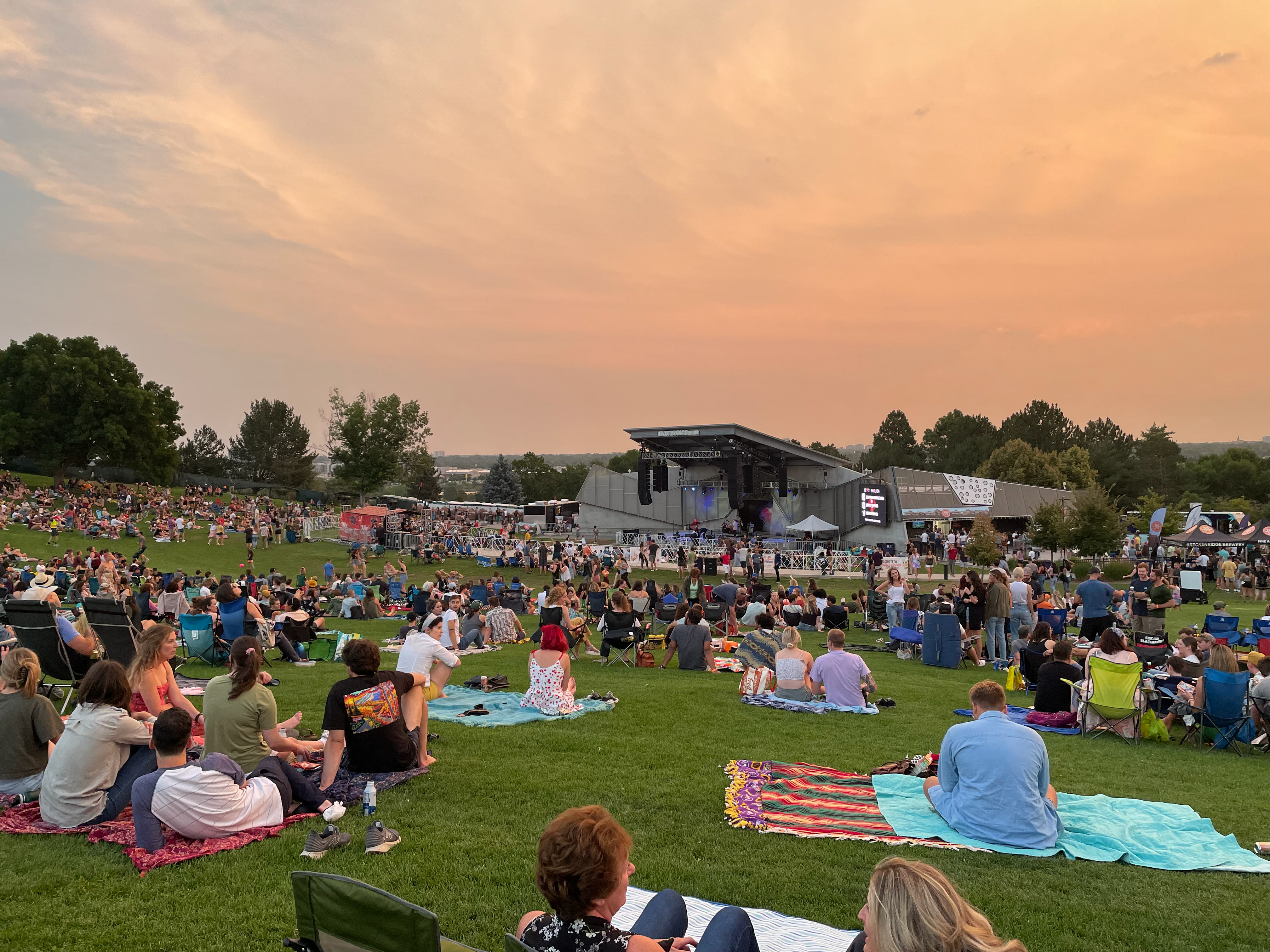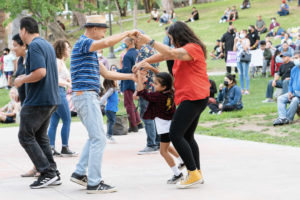
Why do free concerts matter? Because music belongs to the public. And without public spaces, music cannot exist for long.
That idea might seem counterintuitive, considering the number of multimillion dollar corporations and glitzy private organizations whose very existence depends on monetizing and commoditizing live music. The business of live music is a lucrative one, and it relies on scarcity and exclusion to stay that way. But it is only in the public sphere that music can truly flourish, advance, and reinvent itself. And it is only by treating free access to music as a basic human right that we can ensure its survival.
Virtually every culturally significant genre of American music can trace its origins to free public performance—open, democratic, available to all. Jazz has its roots in the brass bands that would parade through the streets of New Orleans, mobile ambassadors of neighborhood pride bringing music to anyone who cared to follow along. Country music takes a strand of its DNA from the Appalachian folk tradition, in which a melting pot of blue-collar immigrants combined the musical traditions of their ancestral homelands into new forms of popular song that they shared around campfires or at outdoor dances. Rock and roll cut its teeth in high school gyms and youth recreation centers across 1950s America. Hip-hop arose from the public parks and street corners of the South Bronx, where teenagers in one of the poorest urban centers of the United States used electricity siphoned from streetlights to power their makeshift sound systems.
None of these genres were born in the concert hall. No corporation could have created them. No algorithm could have predicted them. They were all forged of the peculiar alchemic conditions that can only exist when human beings create and share music in the public square.
 But ensuring that music remains freely accessible to everyone does more than simply inspire the next generation of artists and music-makers. Music encourages community building, community bridging, and community belonging. More often than not, music is a product of the community that nurtures it. And likewise, communities themselves can be reborn from the shared sense of purpose that music provides.
But ensuring that music remains freely accessible to everyone does more than simply inspire the next generation of artists and music-makers. Music encourages community building, community bridging, and community belonging. More often than not, music is a product of the community that nurtures it. And likewise, communities themselves can be reborn from the shared sense of purpose that music provides.
Look no further than Listening to the Music of Community Change, the Levitt Foundation’s 2021 study of the creative placemaking impact of Levitt Pavilion Denver in the Ruby Hill neighborhood. The white paper found that not only had Levitt Denver’s series of free concerts in the park inspired a greater sense of community engagement among those who attended, the program also coincided with an increased perception of safety in the park itself. While a free concert program isn’t a cure-all for the innumerable challenges that a community can face, live music inculcates a sense of possibility, a feeling of ownership and investment in one’s own community that can blossom into something special.
And never has the need to nourish those seedlings of community felt more acute. For the first time in living memory, live music truly became an endangered species during the height of the Covid pandemic, depriving entire populations of one of the most vital sources of communal joy. As economic inequality increases, and the barriers of entry to once-universal experiences climb higher and higher, the importance of ensuring that this most democratic of art forms remains open to everyone becomes ever greater. Music requires communities to survive. And communities require music to thrive. By supporting free music in public spaces all across the country, the Levitt Foundation is working to strengthen both music and the communities that create it, to create a more equitable, healthy, and thriving future for all.
